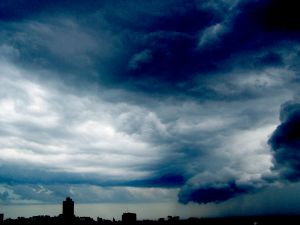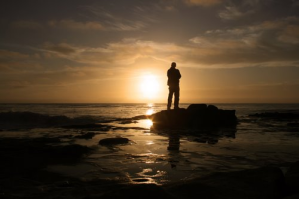Question:
My teenage daughter’s best friend has a learning disability that she’s quite sensitive about. My daughter is incredibly supportive, not only of the hardships her friend faces as a result of it, but in respecting her wish to not discuss it with too many people. Recently, in an effort to defend her friend from a group of classmates who were being insensitive about something that took place in school, she divulged a bit too much information, and it gave the other children ammunition to tease her friend about her disability. Her friend doesn’t know it was my daughter who shared the facts, and my daughter doesn’t want to tell her, but I think she should. The situation was created by accident, and my daughter was only trying to help. The two of them couldn’t be closer, and although I know her friend will eventually understand, my daughter wants to act like it never happened and move on.
I too have a close childhood companion whose friendship I cherish beyond compare. We’ve had tremendous ups and downs, but still remain incredibly close. Our families spend the holidays together and we even started a successful business together. We’ve made plenty of mistakes and had plenty of disagreements along the way, and it was always in the reconciliations that our bond got stronger, in the end committed to truth. I want my daughter to understand this, and I want to help her display the courage that I know she has instead of hiding behind her fear.
Answer:
Thanks for writing in with this question. It’s an important one, involving three good people in a sensitive predicament.
It’s apparent to me that you certainly have your daughter’s well-being at heart. Our relationships provide an immensely important foreground for our overall health, and hers with her friend, if nurtured correctly, could be a channel for a lifetime of growth, joy and immeasurable support, as you yourself have experienced.
But even with your recognition of the factors and emotions that exist in this scenario, I still detect one very prominent variable here which, while you are acknowledging quite correctly, you might be underestimating–the issue of fear.
You say you want to help your daughter display the courage you know she has, but I’m going to ask you to entertain the notion that she isn’t quite there yet. Clearly, this friendship is incredibly meaningful to her, and the thought of it changing–or worse, going away–might be more debilitating than you may assume. Unlike you, she may not have the vision of the future and the ripple effects of concealing the truth. Her fear is what she knows best, and appropriately, she is sparing herself pain, at least for the moment.
Now, let’s look further into your question and the interesting pairing of courage and fear in your final sentence. Indeed, courage and fearlessness are two different things. In fact, without fear, courage does not exist. Fearlessness is a young child walking haphazardly into the middle of the street without looking. Having not been warned of or exposed to the consequences of such an action, there is no fear weighing on his decision. However, if a car is in fact coming, and that child’s older sibling, parent or even a stranger, boldly runs to the middle of the road to protect him from a potentially tragic fate, that’s courage. The difference is that they know better. The adult or older child understands the risks associated with selflessly stepping into harm’s way to keep someone else out of it, but they proceed anyway. In this case, it seems that your daughter’s fear, from her point of view, is justified given her limited range of experience. Here, she’s old enough that she is not “fearless”, but she is not quite ready to run in front of the car either. While it is right for you to point out that it would be a big step for her to proceed to come clean, this part of her development is not yet her paradigm as it is yours.
So, let’s talk about you for a moment. You said you’re a business owner. Surely, in your pursuit of a successful living, you risked being relegated to an unsuccessful one. Have you never been uncertain about how a big decision would affect your revenues or your marketing, or even your relationship with your own partner and friend? I’m willing to bet that you have been, but that you took your chances, and when all was said and done, reaped the appropriate rewards. Your daughter’s current circumstance is no different now. It sounds like a lesson in risk and reward, and you sound well-suited to teach it. But, experience is the best teacher. While you can talk to your daughter about using this particular opportunity, this is something she’ll have to determine on her own. In the interim, while it might hurt to watch, her choice now will put her in the best position in the future to make a better decision the next time.
Indeed, it is often hard for a parent to watch their children make these mistakes. Assuming they are minor, i.e. not life threatening, even broken or lost relationships are the lightning strikes that prune the tree to flourish in the future.
Again, speak to your daughter in this tone. Help her weigh the risk and benefit of the current situation, perhaps she will get it this time. Whatever she decides, perhaps the best role for you as her mother is to help her realize that while it’s nice to live in a state of naiveté and to avoid the confrontation with what scares us, it’s much more skillful to proceed despite it. This is the toughest part of growing up.
So, rather than focusing on helping your daughter display the courage, I suggest you arm her for a lifetime of beneficial decision-making skills by focusing instead on helping her to recognize and confront fear and to develop the ability to stay in her truth.


